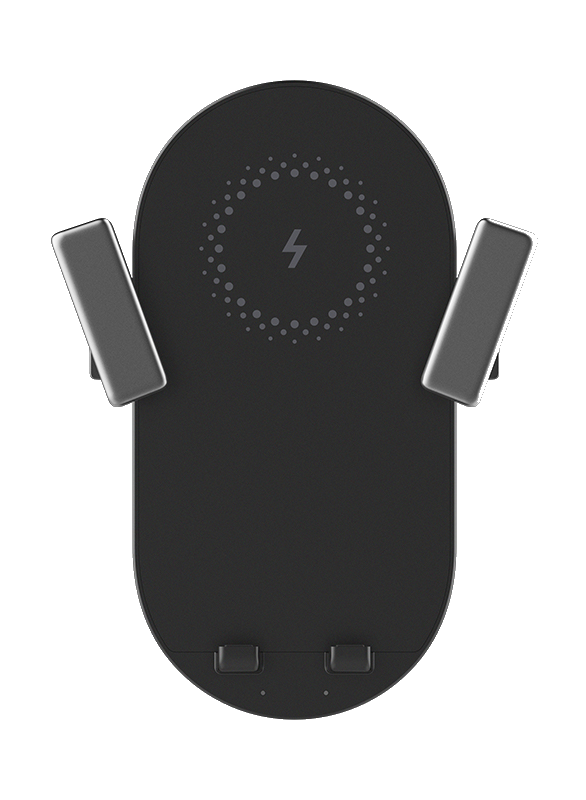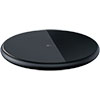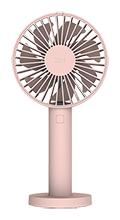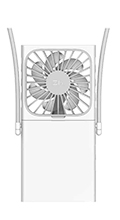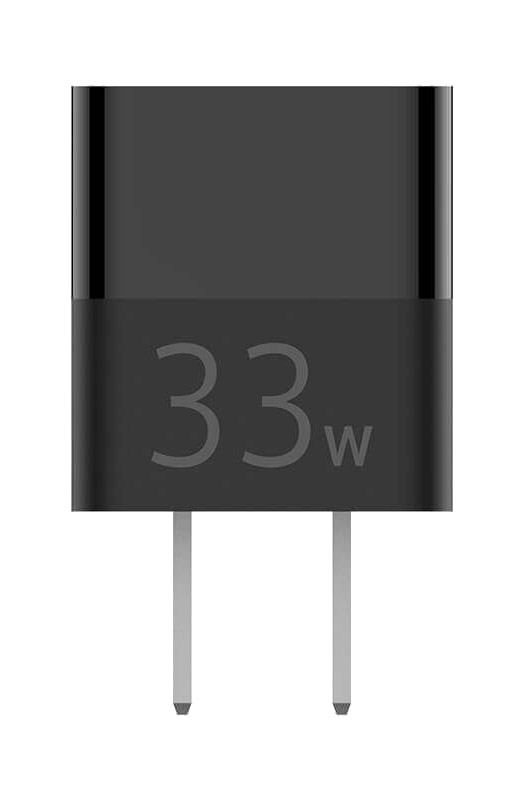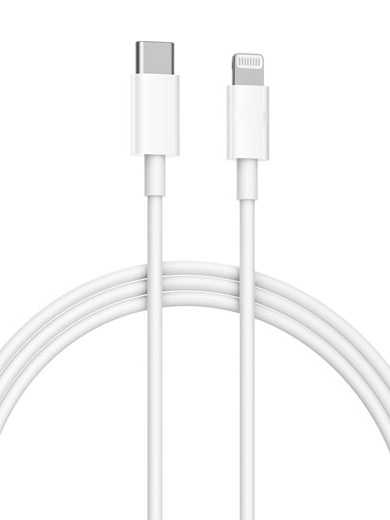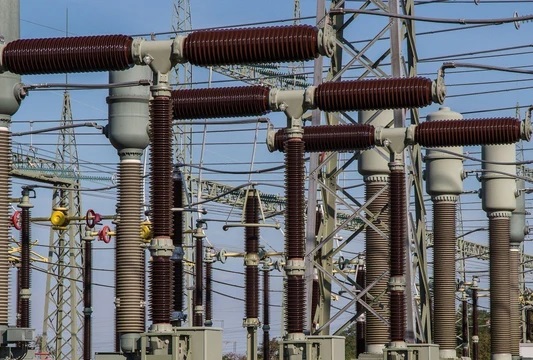If you have solar panels and produce more energy than you need, you can send the excess energy back into the power grid through a program called net metering or NEM (Net Energy Metering). In exchange, you build up credits that can be applied to future grid-supplied energy consumption.
What Is Solar Net Metering?
Net metering compensates homeowners who use solar energy systems for any surplus power their installations contribute to the national grid.
If your electricity needs exceed the amount of electricity produced by your solar system, you can use net solar metering credits to offset the cost of electricity drawn from the grid.
Net metering for solar energy is regulated in different ways depending on the state. Utilities in some states voluntarily provide residential solar net metering schemes, while in others, these programs exist due to government decisions. Because of these differences, the process for paying solar power system owners varies greatly from state to state. Therefore, before deciding to feed excess electricity into the grid, research the net metering rates, regulations, and laws in your area.
How is Solar Net Metering Calculated?
When you use net metering, you only pay for the energy that is actually used. "Net energy" refers to the difference between the energy generated by a solar panel system and the energy used by the house. To calculate the net energy usage, subtract the amount of electricity your home puts into the grid from the amount your home draws from the national grid when additional electricity is needed.
The net meter for a solar home with net metering capability detects energy going into and out of the home, unlike a traditional meter that only measures electricity being drawn from the grid. A net meter doesn't spin backwards when a customer sends electricity back into the grid, but it shows a positive or negative reading, depending on whether the customer is getting power from the grid or sending electricity back into it.
The amount of net metering credit for solar energy you receive is based on an assessment from your utility company. To ensure fair compensation, make sure your net meter is in proper working order.
Your utility company will not give you cash for the excess electricity you generate using solar energy since net solar metering exclusively rewards energy supplied into the grid. Instead, you will earn credit for each watt you contribute to the grid, and apply that credit to your bill when you utilize electricity from the grid. Therefore, you can save money on your monthly electricity payment.
If you install a large enough solar panel system, it can generate enough energy to cover your annual electrical needs, eliminating almost your entire utility bill. Check with a solar professional to learn about the solar energy metering laws in your area, as most utilities have limits on the amount of electricity one can create and feed into the grid, known as maximum offset.
How Does Solar Net Metering Work?
Most households have their highest electricity consumption in the morning and evening, when people are getting ready for the day and returning from work and school. However, solar-powered homes generate the most electricity during the afternoon, when their usage is lowest.
During the afternoon, when more energy is generated than utilized, net energy metering ensures that the surplus is transmitted to the grid, and you receive credit from the utility company. For instance, if you generate 10 kilowatt-hours (kWh) of excess electricity, you will receive a net metering credit of 10 kWh.
At night, when everyone is asleep and the solar panels cannot generate power, the house draws the most power. However, the credits you have accumulated throughout the day can be applied to your energy bill. Since the amount of sunlight varies throughout the year, you can use the net metering credits you accumulate during the summer to reduce your electricity costs in the winter.
Is Solar Net Metering the Same as Off-the-Grid Living?
Net metering will not completely disconnect you from the power grid, unlike off-the-grid living, but it will change how you use your utility company. If you have an off-grid system, you don't rely on a local utility's power grid and instead depend only on solar energy for electricity.
A solar battery system, for instance, allows you to use excess electricity generated by your solar panels during the day to power your home when the sun sets. If you require more power, you won't be able to get it from the grid; you'll have to make do with what your system generates and stores in batteries.
When using an off-grid system without a backup generator, electricity is only accessible to you if:
- The sun is shining, and your panels can convert sunlight into electricity
- Some of the power produced by your solar panels is stored in your solar battery system
A home on the grid (grid-tied) can use its net metering credits to lessen its electricity expense, even when the sun isn't shining. Only during a grid outage will you be without power, and with a solar power system with a battery backup, you can continue using electricity even in these events.
How Does Net Metering Compare to Battery Storage?
When comparing battery storage and net energy metering, which option is more cost-effective?
If your area has net metering, you can benefit from both battery storage and net metering. However, depending on your individual circumstances, one option may be more advantageous than the other.
For example, if your area often experiences power outages or blackouts, it makes sense to add a battery storage system to your net metering setup, as the battery will allow you to use electricity even when the grid is down.
If your state has unfavorable net metering policies or no net metering programs, it is even more beneficial to include battery storage in your solar power system.
Lastly, if you are committed to using only renewable energy and do not want to depend on unclean energy sources like coal, it may be wise to invest in enough solar energy storage to live completely off the grid.
However, without the additional expense of battery storage, you may be able to significantly reduce your utility bill solely through net metering if it is allowed in your state and the policies are favorable.
Energy storage net energy metering (also known as NEM paired storage) is another option that may be available to you. This arrangement allows you to release all of the power stored in your battery to the grid in exchange for net energy metering credits, usually during times of favorable pricing. This option is appealing because you can receive more payment for the extra energy you generate and store, while also receiving credit for that energy at any time of day, and not only when it is generated.
Benefits of Solar Net Metering
Net metering has several advantages, including allowing you to use the grid as a backup battery, reducing strain on the grid, and saving money on electricity payments. Let's take a closer look at each of these benefits of net solar metering.
Lower Utility Bills
Solar panels can decrease your dependency on the grid, but without net metering credits or a way of storing excess electricity, they can only operate during the daytime hours when there is sunlight.
For example, if you have $200 in energy credits from selling excess electricity back to the grid on long, sunny days, and you need $300 worth of electricity from the grid, your total utility bill will be significantly reduced because you will only be charged $100.
Shorter Payback Period
The payback period for solar energy systems refers to the length of time required for the money saved by using solar energy to pay off the initial cost of installing the system. Energy generated after the payback period ends is essentially "free," as the initial investment will have been recovered.
Net metering can shorten the payback period. Full net metering, in particular, is effective at shortening this period due to the cumulative savings resulting from these policies. Therefore, if you reside in a state that offers full net metering, you can recover your initial investment in solar panels much more quickly. Homeowners in such areas can enjoy greater savings on their monthly electricity bills due to their solar panels, resulting in a faster return on investment.
Besides net metering, the solar panel payback period can depend on the following factors:
- Electricity prices
- Tax rebates and credits
- Solar panel system size
- Electricity usage
- Installation costs
The National Grid as a Backup: Net Metering's Role
Net metering allows for the utilization of the national grid as a "virtual battery" to store excess energy for later use. It works like an invisible battery that can provide an energy boost whenever needed.
Without net metering, you cannot gain any financial benefit from the extra energy generated by your solar panels without making a more expensive initial investment in a battery system for storing electricity for later usage.
Lessening the Burden on the National Grid
Solar energy for homes and businesses is highly beneficial to utilities since it reduces the strain on the grid. Homeowners who install solar panels can generate their electricity without drawing from utilities, reducing the burden on the distribution grid.
Moreover, solar-powered homes can supply excess energy to non-solar properties nearby with the assistance of net metering, meeting the energy needs of both types of properties. Solar power helps to decrease grid demand by producing electricity close to where it is used, reducing the load on the power grid's transmission and distribution infrastructure.
Optimize Your Finances with Solar Net Metering
Solar net metering can help lower your utility bills, decrease your dependence on the grid, and reduce the burden on the national grid.
Explore Our Range of Portable Solar Panels
If you are looking for portable solar panels to lower your electricity costs, our wide range of options is worth checking out. We offer various types of portable solar panels, batteries, and kits and can assist you in choosing one suitable for your location, energy requirements, and net metering policies.


